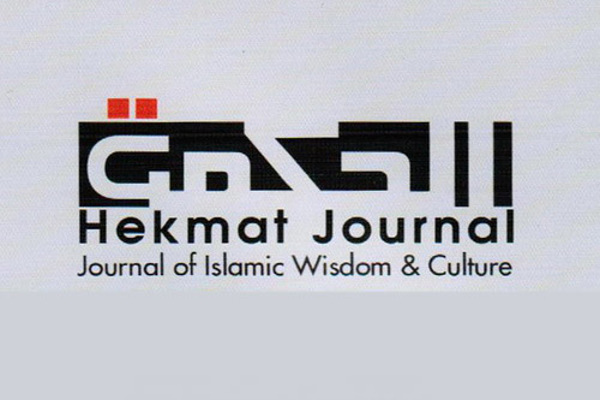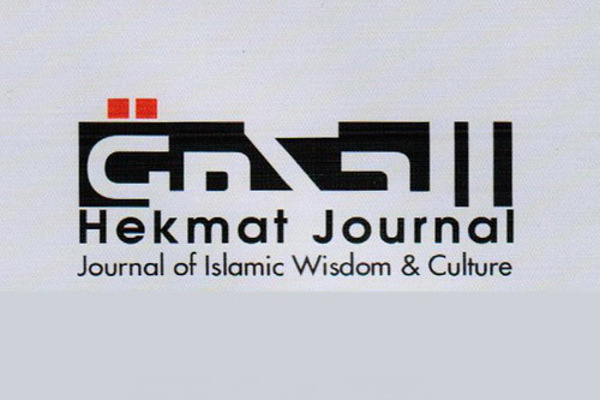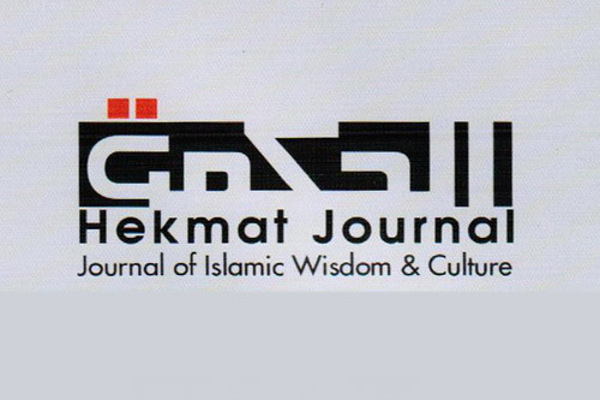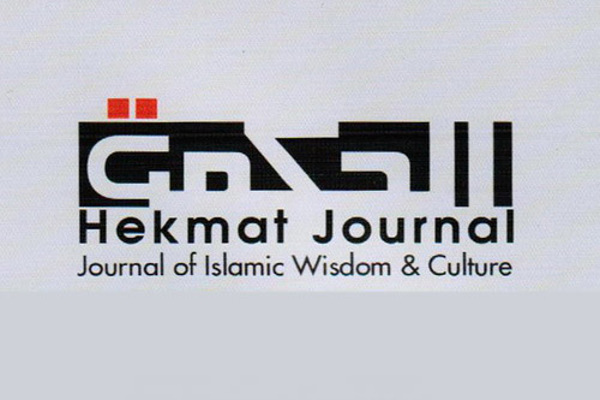Prophet Muhammad and Economical System / Seyed A.M. Shahrestani
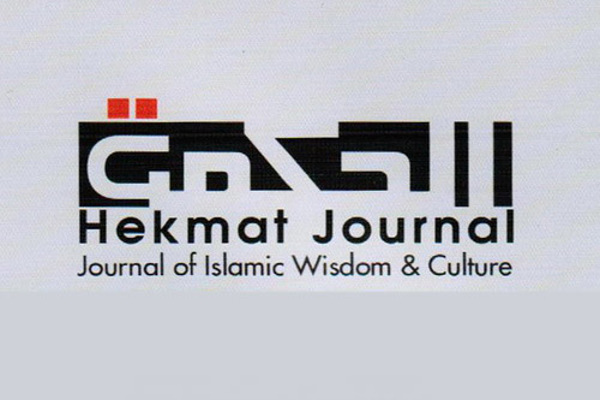
“Greed, Miserly and Love of Money are also not accepted.”
" وَالَّذِینَ إِذَا أَنفَقُوا لَمْ یُسْرِفُوا وَلَمْ یَقْتُرُوا وَکَانَ بَیْنَ ذَلِکَ قَوَامًا " (Quran, 25: 67).
Because of that the Prophet Muhammad (pbuh) was encouraging the free trade. For the more, the Prophet Muhammad (pbuh) not only encouraged or believed in free markets, but he himself with his wife Lady Khadija made their living as a merchants.
Second issue was the circulation of money which the Prophet insisted that wealth should be
circulated within the community by investing it rather than saving it. Investment helps to develop the community which creates jobs, prosperity and economic growth. Final issue was that all wealth and property are belong to Allah and are Allah’s properties. Thus individuals are appointed as its trustees and custodians who have responsibility toward them.
“Wasting, Extravagance and Overspending is the Work of Satan”
"یَا بَنِی آدَمَ خُذُواْ زِینَتَکُمْ عِندَ کُلِّ مَسْجِدٍ وکُلُواْ وَاشْرَبُواْ وَلاَ تُسْرِفُواْ إِنَّهُ لاَ یُحِبُّ الْمُسْرِفِینَ" (Quran, 7:31).
The Prophet Muhammad (pbuh) discouraged too much saving and He said: 'Charity is a necessity for every Muslim'. Thus, due to this issue The Prophet introduced the Islamic tax system which taxes people on their savings rather than on their initial income.
This is type of taxation call “Khoms” which is equal to a fifth of the money a person has left over in their savings at the end of the fiscal year. According to this system the Prophet Muhammad (pbuh) indicated that this system disciplines people who do not invest their savings and just want to save their money when it comes to inflation and time value of money.
The Prophet (pbuh) lived his life true to this principle: he was not owner of any lands, did not have any possessions; he was merely an enforcer of the Will of Allah Almighty.
Therefore, it was the Prophet's (pbuh ) principles, believes, his utter commitment, and total obedience to his system of economics which led to the establishment of the basic infrastructure of a universal and welfare-based economic system. The system which solved and will solve all economic struggles and unfairness gapes between poor and rich.


